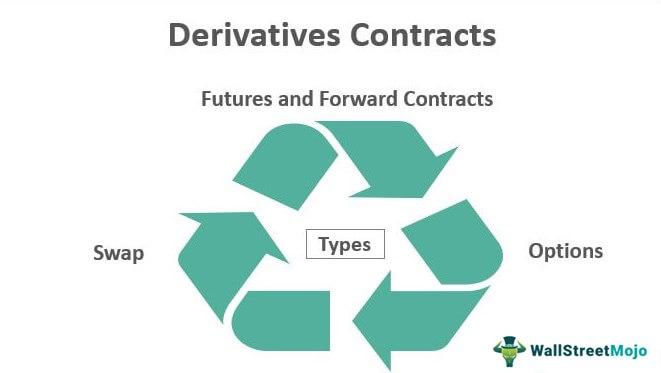Derivatives contracts are financial instruments whose value is derived from an underlying asset or group of assets. These contracts allow investors to speculate on price movements or hedge against potential risks associated with the underlying assets. Derivatives contracts can be traded on various exchanges and over-the-counter (OTC) markets. Some common types of derivatives contracts include futures, options, swaps, and forward contracts.
Futures Contracts: Futures contracts oblige the buyer to purchase, and the seller to sell, the underlying asset at a specified price and date in the future. These contracts are standardized and traded on exchanges, offering participants exposure to a wide range of assets such as commodities, stocks, indices, and currencies.
Options Contracts: Options contracts provide the buyer with the right, but not the obligation, to buy (call option) or sell (put option) the underlying asset at a predetermined price (strike price) within a specified timeframe. This contract type offers flexibility and can be used for hedging or speculation.
Swaps: Swaps are contracts between two parties to exchange cash flows or financial instruments based on predetermined conditions. Common types of swaps include interest rate swaps, currency swaps, and commodity swaps. Swaps are often used to manage risks related to interest rate fluctuations, currency exchange rates, or commodity price movements.
Forward Contracts: Forward contracts are privately negotiated agreements between two parties to buy or sell an asset at a predetermined price on a specified future date. These contracts are customized to meet the needs of the involved parties and are traded over-the-counter rather than on exchanges.
Derivatives contracts are widely used by investors and traders to manage risk, speculate on market movements, and enhance investment strategies. However, they can be complex instruments and may involve substantial risks. It is important for individuals considering derivatives trading to understand the underlying assets, contract terms, and associated risks before engaging in such activities. Seeking advice from financial professionals or conducting thorough research is recommended to make informed decisions.

